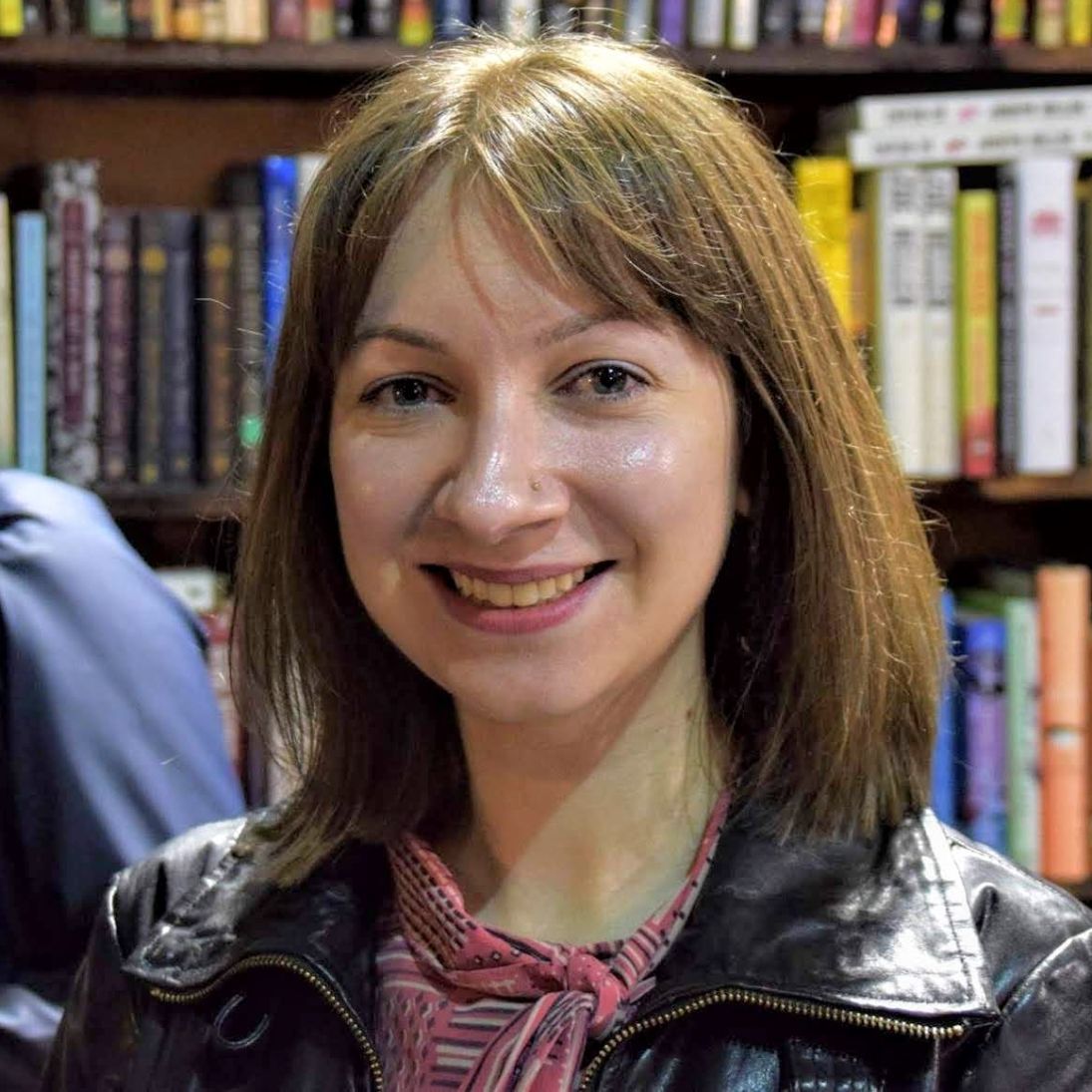
1. How did you start translating this book by Mercedes Roffé? What drew you to it?
Mercedes Roffé wanted to publish another one of her poetry collections in English (she has previously been translated by Anna Deeny [Floating Lanterns, Shearsman Books, 2015] and Judith Filc [Ghost Opera, co-im-press, 2017]) and she reached out to me via our mutual friend and translator colleague Denise Kripper. I was honored that Mercedes wanted to work with me. Mercedes suggested two recent collections of hers that had been published in Spanish. I did a sample translation from each of them and decided to work on Diario ínfimo (Ediciones de La Isla de Siltolá, 2016), which we have titled Mere Diary in English. The poems in Diario ínfimo played well to my strengths, interests, and prior experience as a translator, even as they offered me new challenges to continue developing my craft. More importantly, the diary structure of the book (each poem has a date, but not a year) anchored me at that time in my life, during the height of the pandemic, when time had become abstracted, and I felt that I was living more in my imagination than in reality.
2. What are some of the main challenges you’ve encountered in translating this work?
Mercedes is just such an incredibly well-rounded and well-read artist. She uses a rich vocabulary, and it was important to choose the correct match in English, in terms of tone but also connotation. She frequently takes inspiration from other media, including visual art and music, as well as literature.
A particular challenge, and pleasure, of translating Diario ínfimo, was the large number of ekphrastic poems in the collection. (All of the poems I’ve included in the selection for Poesía en acción are ekphrastic.) I initially translated these poems without looking up the works of art that inspired them, instead relying only on the visual images Roffé’s words brought to my mind. When I eventually saw the works of art, I was surprised by how closely they mirrored the images I had imagined. I followed this process because ekphrastic poems are already a translation of a work of art from one media into another and they must stand on their own and be linguistically interesting and comprehensible outside of the work that inspired them. These translated ekphrastic poems are thus triply translated and mirror my typical translation process, where I start with a relatively literal draft, then set the original aside and revise the translation as if it were an original poem in English, finally comparing it again to the original and making adjustments. So, my translations follow a process of moving away from the original and then back toward it, eventually becoming both more faithful to the original and to themselves. At least that’s the ideal.
3. What are you reading right now?
I’m reading The Old Drift by Namwali Serpell. I love getting into a thick book during the long days of summer. I just finished Las malas by Camila Sosa Villada, which is beautiful and devastating. It was recently published in Kit Maude’s English translation as Bad Girls by Other Press. And I’m also reading the latest poetry collections by Erika Martínez and María Ángeles Pérez López, poets I’ve translated in the past.
Poesía en acción #26 | From Mere Diary by Mercedes Roffé and Translator Lucina Schell

Lucina Schell is the international rights manager at the University of Chicago Press, and a member of the Third Coast Translators Collective. She translates primarily poetry from Spanish. Published translations include Daiana Henderson’s So That Something Remains Lit (Cardboard House Press, 2018) and Vision of the Children of Evil by Miguel Ángel Bustos (co•im•press, 2018), as well as selections from authors including Erika Martínez, Graciela Cros, Ada Salas, and María Ángeles Pérez López. Photo Credit: Rafael Calderon.
Poesía en acción is an Action Books blog feature for Latin American and Spanish poetry in translation and the translator micro-interview series. It was created by Katherine M. Hedeen and is currently curated and edited by Olivia Lott with web editing by Paul Cunningham.